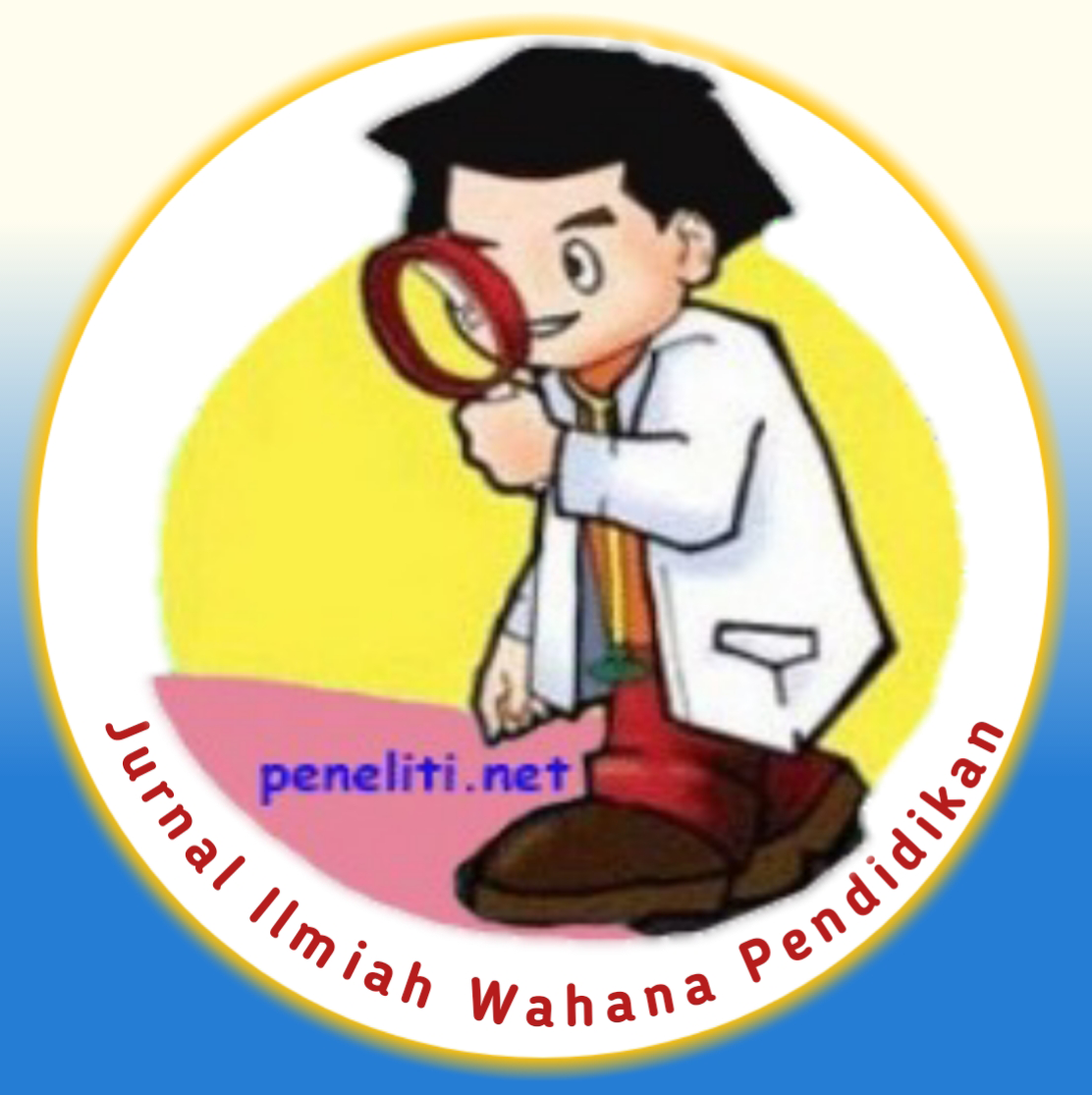Salafi Based Schools
Abstract
This study aims to describe an overview of religious understanding among salafi circles and the problems (pros and cons) of the salafi movement in Indonesia and the development of salafi manhaj schools. This study used a qualitative-descriptive research method with library research techniques. The results of the study show that salafists follow and adhere to the Qur'ân and Sunnah, leave bid'ah, monotheism, demand useful knowledge, at-Tashfiyah and at-tarbiyah, refuse party and stagnation in schools of thought and revive true Islamic thought. based on the Qur'an, sunnah and the actions of as-salaf ash-shâlih. Salafi preachers always call for obedience to the government, among the principles of Ahlus Sunnah wal Jama'ah is the obligation to obey Muslim leaders as long as they do not order them to commit disobedience, even though they commit wrongdoing. Because obeying them is included in obedience to Allah, and obedience to Allah Subhanahu wa Ta'ala is mandatory. The solution for the actions of the movement of individuals who label themselves as salafi has caused uproar, including the government to communicate in order to minimize friction, foster a feeling of mutual respect and respect for existing differences, tools and legal certainty, and encourage the public to report the perpetrators of actions that are troubling the public to the party. authorities, the government is also expected to be a neutral judge by enforcing applicable rules and taking firm action against those who are proven to have created truth and chaos in society, religious leaders and community leaders are expected to be pro-active in dealing with various groups deemed being a trigger for problems in religious communities, being a good mediator and listener when conflicts occur between religious groups, instead of being provoked and taking sides with one of the groups and religious leaders akwah and include information on lessons at school. Then the salafi school is an effort to "purify Islam" through adherence to the concept of returning "Authentic Islam" which is part of the transnational Islamic movement
References
Afifuddin, Muhammad. 2015. “Mengenal Dakwah Salafiyah.” As-Syariah, 2015.
Asrohah, Hanun. Sejarah Pendidikan Islam. Cet. 1. Jakarta: Logos, 1999.
Azra, Azyumardi. Esei-Esei Intelektual Muslim Dan Pendidikan Islam. Cet, 1. Jakarta: Logos Wacana Ilmu, 1998.
———. Pendidikan Islam Tradisi Dan Modernisasi Menuju Milenium Baru. Jakarta: Logos Wacana Ilmu, 1999.
———. Tradisi Dan Modernisasi Di Tengah Tantangan Milenial Tiga. Jakarta: Kencana Prenada Grup, 2012.
Basri, Syamsuriana, And Rahmi Damis. 2020. “In The Qur ’ An,” 2020.
Basri, Syamsuriana, Reski Idamayanti, And Yusdarina. 2021. “Analisis Respon Mahasiswa Terhadap Pembelajaran Daring Menggunakan Media Pembelajaran Google Classroom.” Karst : Jurnal Pendidikan Fisika Dan Terapannya 9, No. 1.
Daulay, Haidar Putra. Pendidikan Islam Dalam Sistem Pendidikan Nasional Di Indonesia. Jakarta: Kencana, 2007.
Fathurrahman Rauf. “Peran Perguruan Tinggi Islam Dalam Mencerdaskan Bangsa.” Al-Turas 13, No. 2 (2007).
Hafid, W. 2021. “Menyoal Gerakan Salafi Di Indonesia(Pro-Kontra Metode Dakwah Salafi).” Al-Tafaqquh: Journal Of Islamic Law 2, No. 1: 29–48.
Hendropuspito, And D. 2001. Sosiologi Agama. Yogyakarta: Kanisius.
Jawas, Al-Ustadz Yazid Bin Abdul Qadir. N.D. “Ahlus Sunnah Taat Kepada Pemimpin Kaum Muslimin.” Almanhaj. Accessed October 26, 2022.
Kementrian Agama Republik Indonesia. 2019. Al-Qur’an Dan Terjemahannya Edisi Penyempurnaan 2019. 2019th Ed. Jakarta: Dharma Karsa Utama.
Komarudin Hidayat. 1998. Melintas Batas Agama. Jakarta: Gramedia.
Mircea Aliade. 2000. Metodologi Studi Agama. Yogyakarta: Pustaka Pelajar.
Mircea Aliade, And Ahmad Norma Permata. 2000. Metodologi Studi Agama. Yogyakarta: Pustaka Pelajar.
Muhammad Zakariya. 2017. “Perintis Dakwah Salafiyyah.” Wawancara. 2017.
Muliono, Slamet, Andi Suwarko, And Zaky Ismail Ismail. 2009. “Gerakan Salafi Dan Deradikalisasi Islam Di Indonesia.” Religio: Jurnal Studi Agama-Agama, 9, No. 2: 244–266.
(Undang-Undang Republik Indonesia). Undang-Undang Republik Indonesia Nomor 2 Tahun 1989 Tentang Sistem Pendidikan Nasional. Jakarta, 1989.
Wajowasito. 1972. Kamus Bahasa Indonesia. Jakarta: Shinta Darma.




